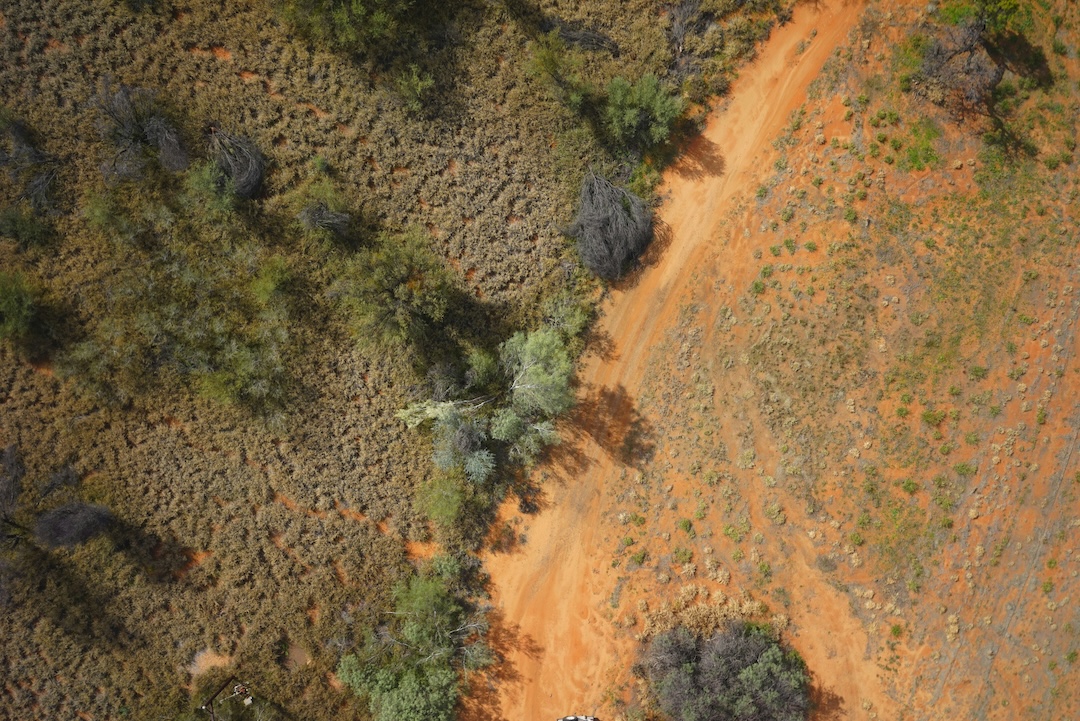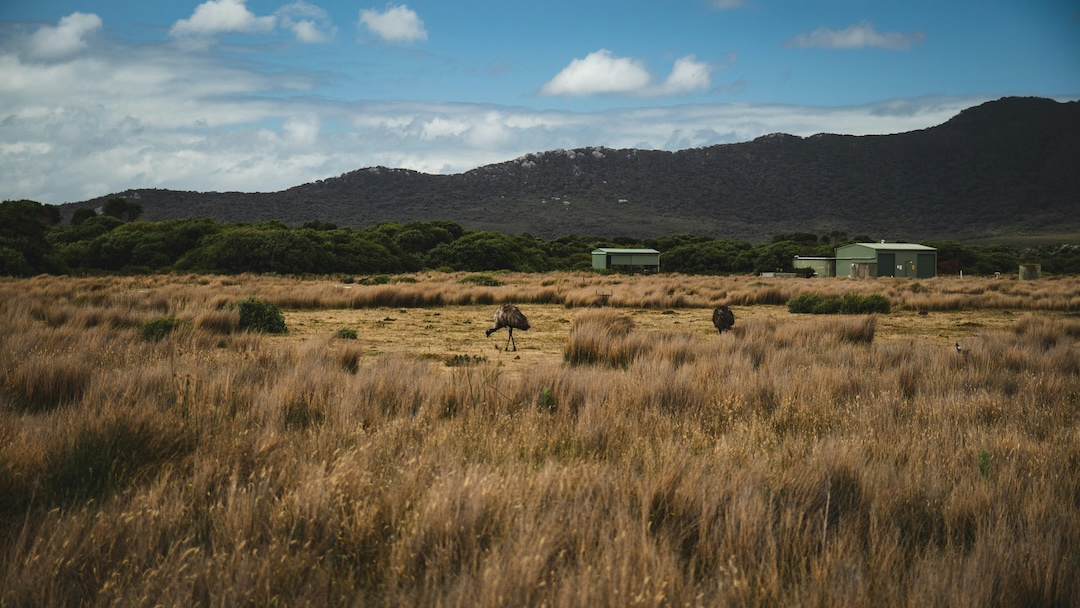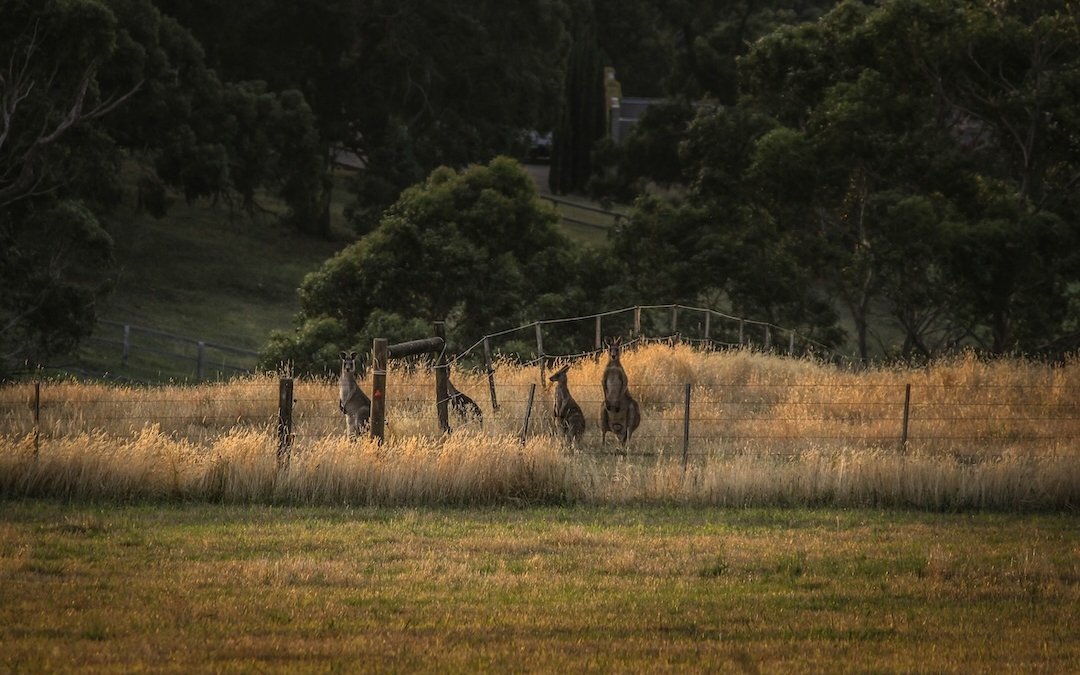Buffel Grass is harming Australian environments, culture, and communities.
Buffel Grass, an invasive plant to Australia, has been nominated to be recognised by the Australian Government as a Weed of National Significance (WoNS).
The WoNS list includes plants according to their invasiveness level, their spreading potential, and their impacts on the environment and society.
The plant was first introduced to central Australia in order to control dust and livestock production, and it has since spread across parts of the Australian landscape, raising problems for biodiversity, infrastructure, and natural and cultural heritage.
Buffel Grass is highly flammable and has been accelerating wildfires in Australia and Hawaii. This species has been transforming Australian ecosystems and causing negative impacts on the environment, culture, tourism, arts, and health in many areas of Australia. The local communities are worried that the spread of Buffel Grass needs to be stopped in order to preserve their communities.
The nomination of Buffel Grass to the WoNS list demonstrates the urgency of the widespread growth. South Australia declared Buffel Grass under its weed management legislation in 2015, but because the issue has been worsening, locals are demanding the Australian Government respond in some way to limit the spread of the grass.

Buffel Grass is detrimental to plant and animal species and the environment as a whole. The weed poses a key threat to the attempt of recovering species that are an integral part of biodiversity. The grass is also a massive risk to critical infrastructure, such as rail transportation networks, necessary powerlines, and emerging renewable energy projects.
While everyone in Buffel Grass environments is affected, First Nations communities are particularly negatively impacted by the invasive nature of the species.
With the increase in wildfires, First Nations communities have experienced a loss of bush food and medicinal plants, which they rely on to stay healthy and nourished.
In addition, there is also an increased inability to undertake traditional practices, which results in an inability to pass on knowledge to younger generations. This disconnect between Elders and the younger generation is negatively impacting the overall culture of the Aboriginal peoples of Australia.

If Buffel Grass is accepted on the WoNS, this would be a huge success for the Australian ecosystem, as it would begin to control and limit the spread of Buffel Grass within the continent. By limiting the spread of the weed, the severity and frequency of wildfires would decrease, and thus, benefit the many communities currently affected by the detrimental spread of the weed. In addition, the First Nations communities negatively impacted by the spread of the Buffel Grass will be able to regain some of their necessary bush food sources and land for traditional ceremonies.
A panel from the Australian Government will evaluate the nomination and release a decision later this year. The decision will determine the future of many Australian communities and environments.
If you enjoyed this story, be sure to check out other AusBiz agriculture stories here!

